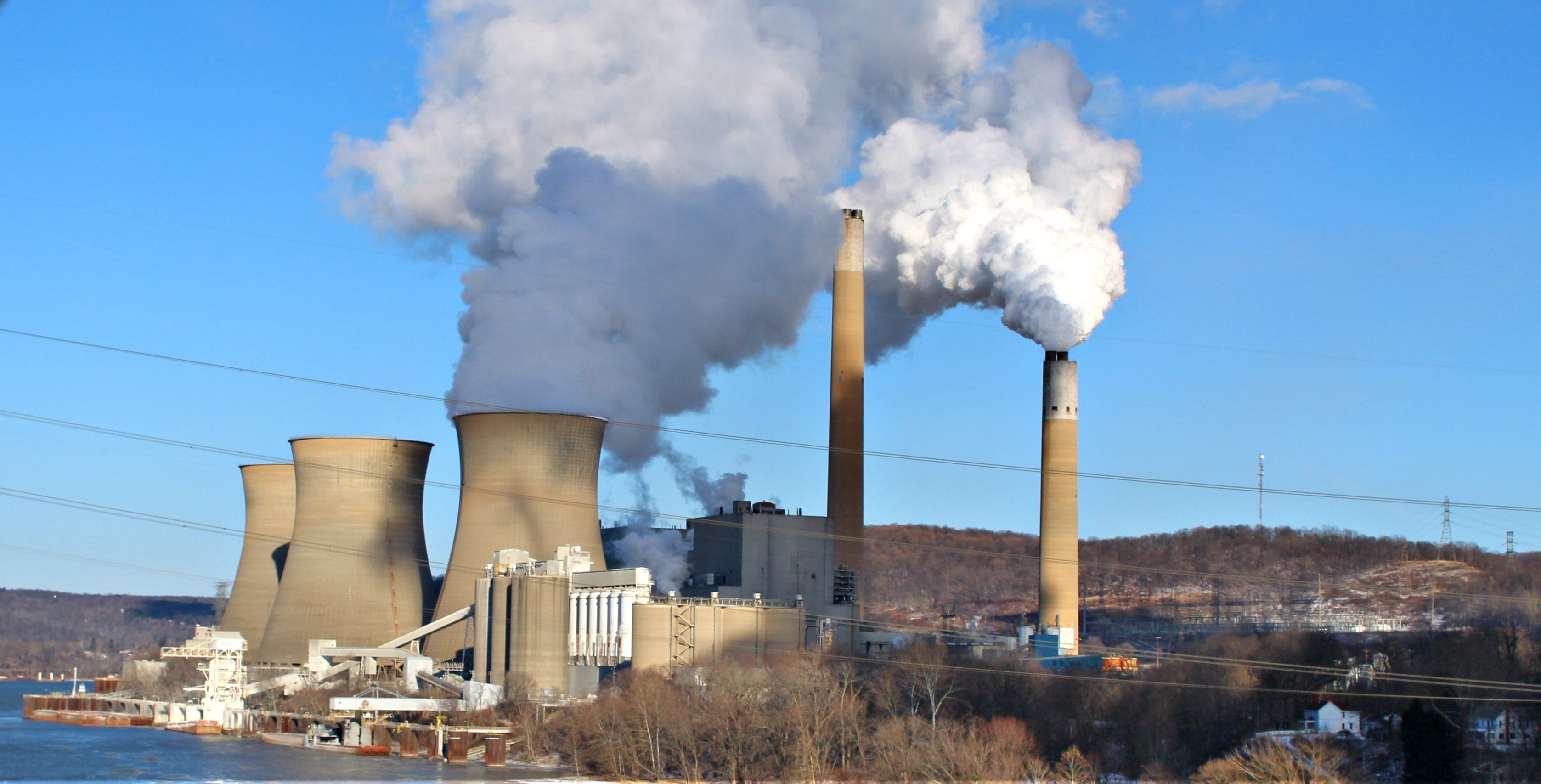1584
0
Coal consumption in China, India and the USA is projected to rise
Coal consumption in China, India and the USA is projected to rise. This can be a barrier to compliance with the Paris Agreement.

Yazar: Tom Roberts
Yayınlanma: 29 Mart 2021 23:58
Güncellenme: 2 Mart 2026 18:13
Coal consumption in China, India and the USA is projected to rise
Coal consumption in China, India and the United States is projected to rise to pre-pandemic-19 levels this year. The reason is also the higher consumption of some industries, which should return to the level of 2019. The Bloomberg portal informed about it. According to the US Energy Office, power plants in the USA should consume up to 16 percent more coal this year than in 2020. In 2022, combustion should increase by another three percent. This is mainly due to higher natural gas prices, which are up to 40 percent higher than last year, and according to analysts, prices should not change much until the end of 2022. Companies have found an alternative to natural gas in coal, which is now cheaper to burn. Another reason for the higher expected consumption is the return to normal after a several-month pandemic. China and India do not plan to change in this direction either. Globally, they account for about two-thirds of coal combustion. These countries thus continue to count on coal as the dominant source for energy production. Nevertheless, both China and India are gradually investing more in renewables, such as solar and wind energy in particular. By the end of 2060, China wants to be carbon neutral. However, India has not yet announced a similar intention. Compared to previous years, China managed to reduce the share of coal in total energy production, but still failed to reduce emissions. This is due to the ever-increasing total electricity consumption by the Chinese population and companies. The situation is complicated by the fact that China currently has the most coal-fired power plants in the world and many of them were built less than ten years ago. India is far from clean energy. However, according to the local Prime Minister Narendra Modi, this state is not far from a possible agreement. According to him, the intensity of emissions could be reduced by as much as 33 percent in 2030 compared to 2005. However, even here, the dominant component of electricity generation is coal, which now accounts for about 70 percent of total production. Consumption at local power plants should increase by up to 10 percent this year. However, this may be a problem for meeting the commitments made by the 2015 UN Paris Agreement on Climate Change. The agreement aims to keep the increase in global average temperature below 2 ° C above pre-industrial levels. This is so that the temperature rise does not exceed 1.5 ° C. It wants to achieve this by fundamentally reducing the production of greenhouse gas emissions. "A significant increase in emissions can be expected this year," analyst Amanda Levin told Bloomberg. She also adds that new US President Joe Biden could make changes. According to previous statements, it intends to push for long-term improvement of the environment. Changes in US climate policy can be expected in the coming months. Biden has also made it clear that the United States should be carbon neutral by the end of 2050. On the other hand, some emerging markets are turning their backs on coal. Bangladesh, for example, has halted all planned coal-related projects, and new coal-fired power plants will no longer be built, even in the Philippines.İLGİLİ HABERLER





European stocks soared and focus shifted to German retail sales after Powell's speech!

Forex Signal For TRY/USD: Inflation Slowdown in November.

Forex Signal For GBP/USD: Bullish Trend Still Not Breaking While Recovery Continues.

Forex Signal For EUR/USD: Starry US Data Points to Higher Fed Increases.

Forex Signal For BTC/USD: Downside Continues as Bitcoin Recovery Moves Less.
En Popüler Haberler
Yorum Yap
Yorumlar
Henüz yorum yapan yok! İlk yorumu siz yapın...